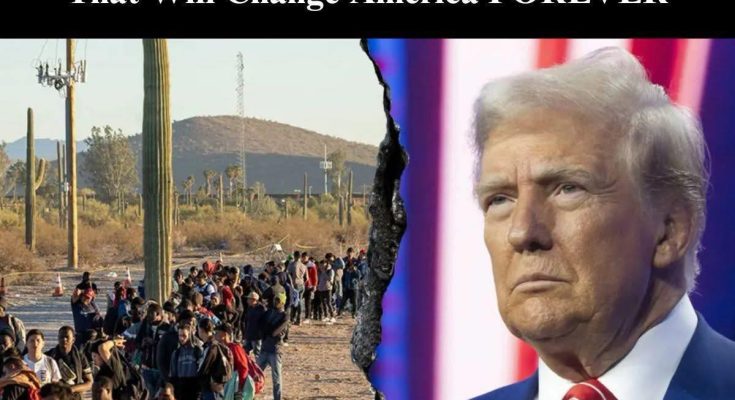The U.S. Supreme Court has allowed the Trump administration to end the humanitarian parole program, or CHNV, which granted temporary legal status to more than 500,000 migrants from Cuba, Haiti, Nicaragua, and Venezuela. This is a major legal development.
U.S. District Judge Indira Talwani’s earlier injunction, which had prevented the administration’s attempts to terminate the program, is essentially lifted by this ruling, which was issued on May 30, 2025.
The CHNV Program’s History
The Biden administration launched the CHNV (Cuba, Haiti, Nicaragua, and Venezuela) parole program in response to the growing number of people fleeing these nations as a result of political unrest, economic hardship, and humanitarian emergencies.
Under this program, two-year permits to live and work in the United States were given to migrants who passed security checks and had financial sponsors in the United States. The program sought to address border security issues while giving migrants a legal route.
Court Cases and Supreme Court Rulings
After taking office again, the Trump administration attempted to abolish the CHNV program, claiming that humanitarian parole should be given out individually rather than collectively. The Department of Homeland Security announced the program’s termination in March 2025, and current paroles are scheduled to expire on April 24.
Judge Talwani issued an injunction to stop the termination after a group of impacted migrants and their sponsors sued the administration to overturn its decision. However, this injunction is lifted by the Supreme Court’s recent decision, enabling the administration to move forward with terminating the program while legal challenges are still pending in lower courts.
Public Reaction and Dissenting Views Justices Sonia Sotomayor and Ketanji Brown Jackson disagreed with the majority ruling. Justice Jackson voiced concern that the ruling would disrupt the lives of migrants before their legal claims are fully decided, resulting in “needless human suffering.”
The decision has drawn criticism from immigrant advocacy groups, which highlight the dangers migrants may face if they are sent to unstable nations.
The Haitian Bridge Alliance’s executive director, Guerline Jozef, said the decision goes against humanitarian protection principles and could cause a great deal of hardship for those impacted.
Consequences and Upcoming Actions
About 532,000 migrants who are enrolled in the CHNV program could lose their legal status and be deported as a result of the Supreme Court’s ruling. For additional proceedings, the case is now being heard by the 1st U.S. Circuit Court of Appeals in Boston. Legal discussions about the appropriate processes for ending such humanitarian endeavors persist even as the administration maintains its power to revoke the program.
In tackling complicated migration issues, this development underscores the continuous conflicts between executive authority and humanitarian considerations, marking a turning point in U.S. immigration policy.



